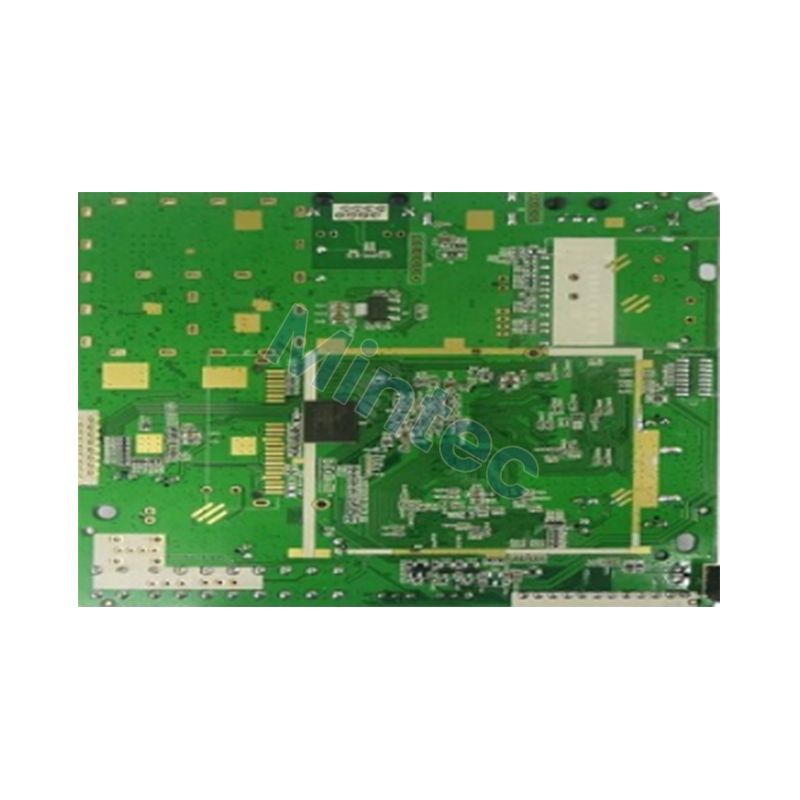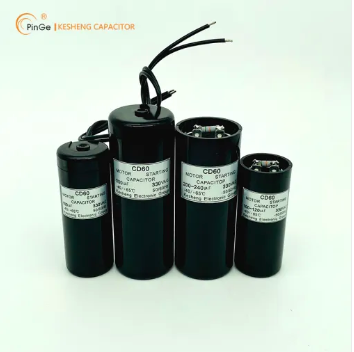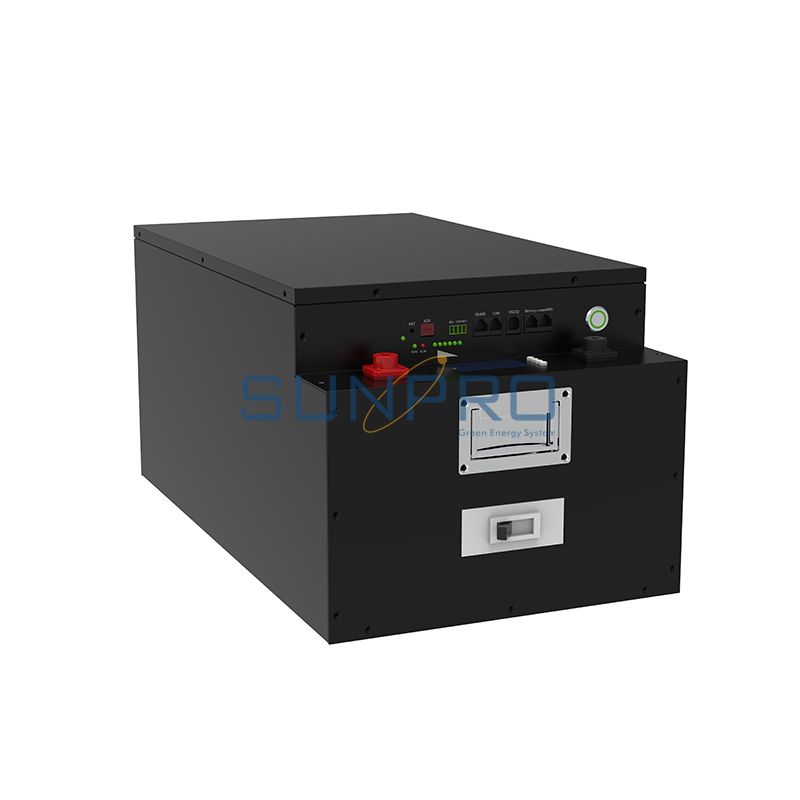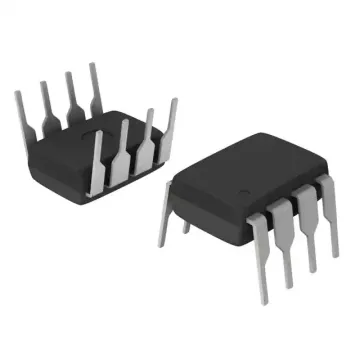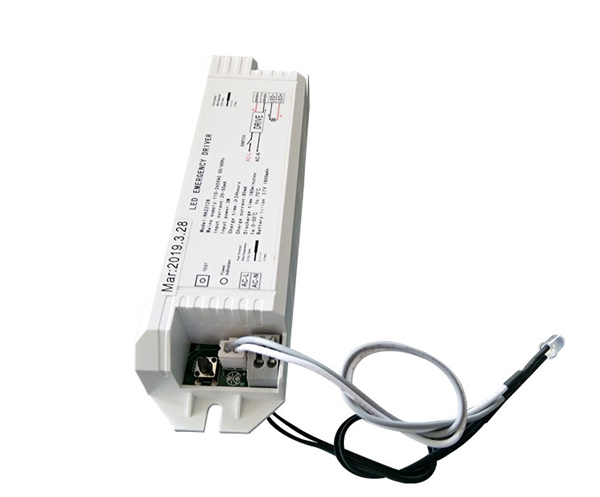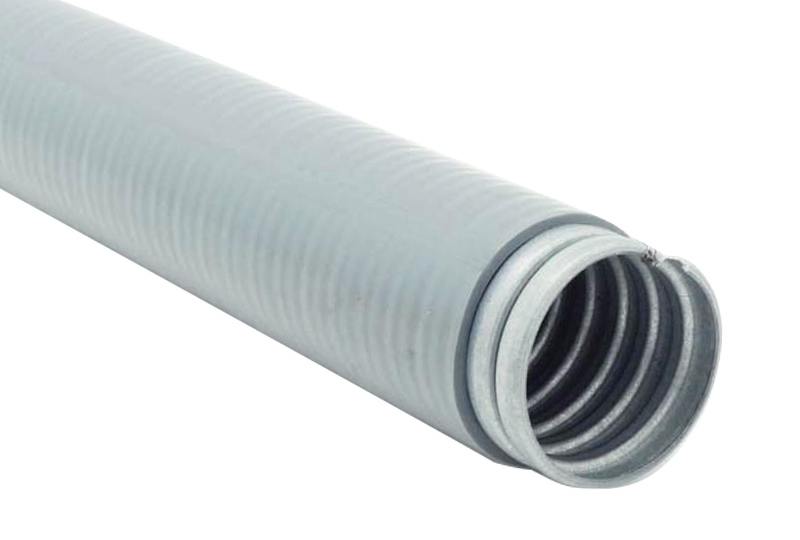What Sets Metal Glaze Resistors Apart from Other Types?
In the ever-evolving world of electronics and electrical engineering, resistors play a pivotal role. These components control the flow of electric current, ensuring that circuits function as intended. Among the various types of resistors available, metal glaze resistor stand out for their unique characteristics and advantages. In this article, we'll delve into what sets metal glaze resistors apart from other resistor types and why they are preferred in many applications.
The Basics of Resistors
Before we explore metal glaze resistors, it's essential to grasp the fundamentals of resistors. Resistors are passive electronic components designed to impede the flow of electric current. They are measured in ohms (Ω) and are used to manage voltage levels, limit current, and divide voltage in electronic circuits.
Types of Resistors
There are several types of resistors available, each with its specific properties and applications. These include:
Carbon Composition Resistors
Carbon composition resistors are inexpensive and widely used. They are made of a mixture of carbon granules and insulating material, offering a medium level of accuracy.
Metal Film Resistors
Metal film resistors have a metal layer that is deposited on a ceramic substrate. They provide better stability and precision than carbon composition resistors.
Metal Oxide Film Resistors
Metal oxide film resistors have a metal oxide layer on a ceramic substrate. They offer high precision and are known for their stability and low noise characteristics.
Wirewound Resistors
Wirewound resistors are made by winding wire around an insulating core. They are known for their high power handling capabilities and are often used in high-wattage applications.
Understanding Metal Glaze Resistors
Metal glaze resistors are a unique breed in the resistor world. Here's what makes them stand out:
How They Are Made
Metal glaze resistors are made by depositing a mixture of ceramic and glass on a ceramic rod. The ceramic and glass mixture is then fired at high temperatures, creating a robust, protective glaze. Metal bands are added to provide resistance. This manufacturing process results in a highly stable resistor.
Characteristics and Properties
Metal glaze resistors are known for their precision, stability, and low noise. They offer tight tolerance and exhibit minimal resistance drift over time. These properties make them suitable for applications where accuracy is critical.
Related links:What happens when a PTC is heated?
How does an Automotive Agm Start-Stop Battery differ from a traditional battery?
How to find electronic manufacturers in China?
Why is China good at manufacturing electronics?
What's the Maximum Length for USB Cables?
What is the difference between electrolytic capacitor and normal capacitor?
How does oled display module work?
Advantages of Metal Glaze Resistors
Precision
Metal glaze resistors are incredibly precise. They come with tight tolerances, which means they provide the exact resistance value specified. This precision is crucial in applications where accuracy is paramount.
Stability
One of the outstanding features of metal glaze resistors is their stability. They maintain their resistance value over time, ensuring consistent circuit performance.
Low Noise
In many applications, particularly those involving analog signals or sensitive electronics, low noise is crucial. Metal glaze resistors offer minimal noise, making them an excellent choice in these scenarios.
Applications of Metal Glaze Resistors
Metal glaze resistors find applications in various fields, including:
Electronics
In electronic circuits, metal glaze resistors are used for precision tasks. They are commonly employed in analog and digital signal processing, ensuring accurate voltage division and signal conditioning.
Automotive
The automotive industry utilizes metal glaze resistors for critical systems such as engine control units (ECUs) and safety systems. Their stability and precision are vital in ensuring vehicle safety and performance.
Medical Devices
In medical devices and equipment, precision is non-negotiable. Metal glaze resistors are used in devices like patient monitors and diagnostic equipment, where accurate measurements are imperative.
Metal glaze resistors, with their exceptional precision, stability, and low noise characteristics, set them apart from other resistor types. Whether in electronics, automotive, or medical devices, their reliable performance is crucial. When choosing resistors for your next project, consider the advantages of metal glaze resistors.
Related links:Optimizing Heavy Truck Starter Battery Performance for Ultimate Reliability
Choosing the Right Vertiv Liebert UPS: Key Considerations
PTC Heating vs. Traditional Heaters: Which One Is Right for You?
Lithium LiFePo4 Power Battery: Unleashing the Future of Energy Storage
What are the types of audio jack?
What is Copper Wire Cable?
Drone Motor Efficiency: Factors to Consider for Longer Flight Times






